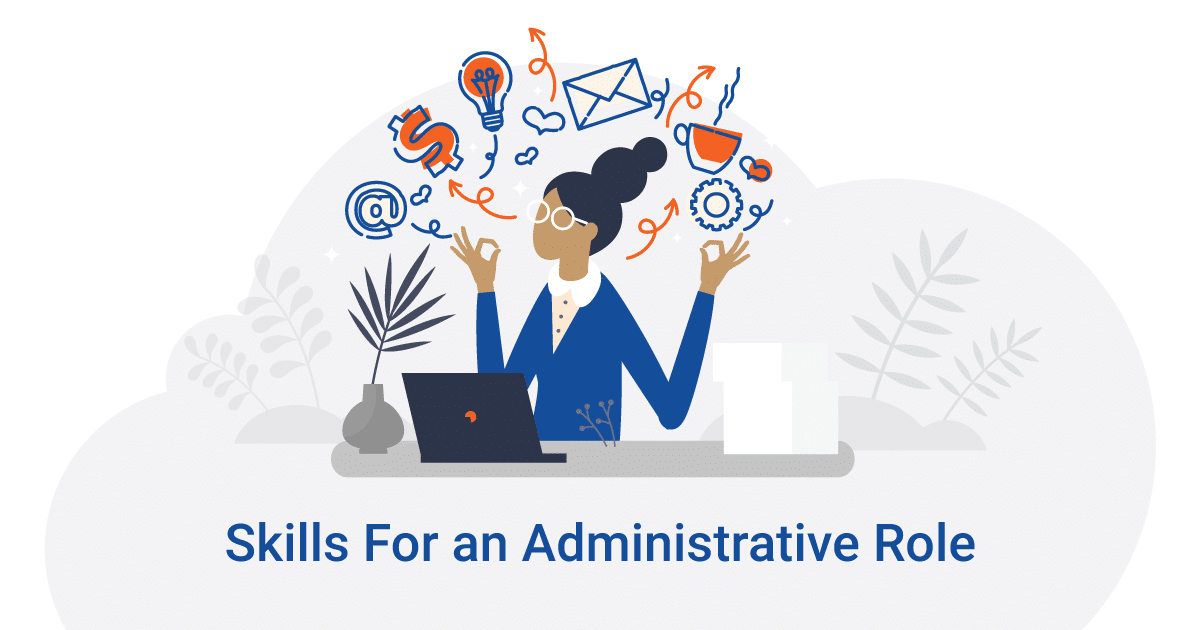
An administrative role falls under the management umbrella, much like every other role, but the difference between a manager and an administrative officer is that the administrative officer focuses primarily on other resources and less on human resources.
Administrative roles vary; by their names and specific job descriptions, but most administrative roles perform 4 main functions namely; coordination, planning, communication, organising.
An administrative (admin from here on in) officer can be called; front desk officer, receptionist, secretary, personal assistant, administrative executive – s/he can be everything in one person, sometimes handling roles outside her functional limits like customer service or quasi-public relations officer. It’s a beautiful twist but this role is quite demanding as it requires you to be lots of things combined.
Most admin officers deal with internal affairs: drafting letters, managing schedules, organising paying expenses, writing reports, proposals, business letters, maintaining records, bills, documents; managing the office environment, ensuring resources are adequately utilised, planning for the future, staffing etc. they generally keep an eye on the day-to-day running of activities in the organisation.
These are some of the skills you need to effectively function in this role.
Interpersonal skills: next to the customer service representative, an admin officer also gives the first impression to an organisation’s client. Whether you are a geek who builds company software or a receptionist who occasionally meets with clients; possessing and honing interpersonal skills helps you interact better with people, builds relationships as you understand people in different circumstances and generally makes it easy to reach across different audience.
Numeracy: tasks like paying bills, calculating expenses, making estimates, analysing budgets all require you to easily (and swiftly) work around with numbers. Numeracy is not only about mastering numbers; it can be as simple as writing and rounding off decimals or as complex as interpreting charts and graphs or making conversions with whatever tool you find available – a calculator, a pen, your head, anything. You have to love working with numbers because you’ll be doing it often.
Strong Communication skills: communication is the lifeblood of business and at the core of every human interaction; whether verbal or written. People in administrative roles do lots of paperwork and something perhaps trivial as a client’s name spelt wrongly can mean bad business for you. There are countless reasons why this skill is important; you’ll need to pass on information to co-workers, you may need to book appointments, transfer calls, speak with suppliers, clients and other external agencies. A lot of things can go wrong without a good grounding in this skill.
Self-initiative/Decision Making: working as an admin officer doesn’t make you a yes-man (or woman). Many situations will call for quick decisions to be made (smart ones by the way). Employers look out for candidates who will hit the ground running, people who can think on their feet, who work with less supervision and who avidly expand their knowledge base. The ability to logically draw conclusions and make decisions in different circumstances makes your work easier by preventing against any reoccurrence in the future.
Problem solving/Analytical skills: asides the fact that an admin role could mean lots of things wrapped into one, you could also think of it as a micro-project management role. In other words, admin officers sometimes are straddled with responsibilities like dealing with workers’ grievances and complaints. This requires paying attention to details, with the understanding that they play into the big picture of the organisation. So you can include the 9 essential skills for a project management role.
Organising: as mentioned earlier, an admin role involves lots of paperwork; sourcing, filing, documenting, book-keeping, accounting, and whatnots. You need to aptly recall information or know how to source for it. Beyond paperwork, nearly all the tasks you’ll perform would entail putting things together in the shortest time possible, which means you’ll need to plan and prioritise what’s important, be proactive, and generally ensure operational activities run smoothly.
Computing: maintaining records and tracking project progress would require a working knowledge in computer software packages like the Microsoft Office and any other form of technology that helps you work efficiently.





